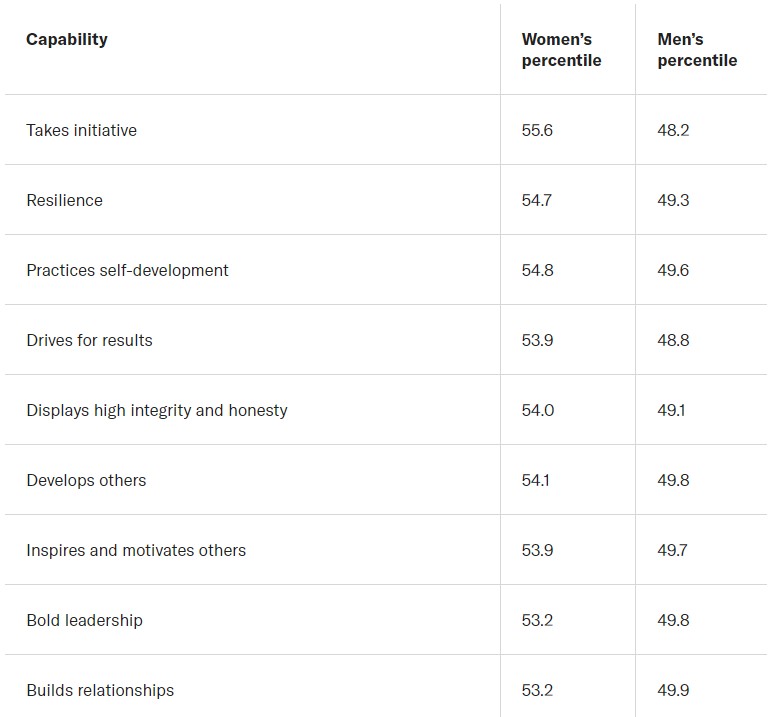Surbhi Mittal is Supplier Relationship Management Specialist at Apotex, a Canada-based pharmaceutical company that has been improving access to medicines for millions of patients in over 100 countries since 1974.
Here Surbhi discusses some of the issues faced by women in procurement roles and her advice for how organisations can provide more support internally and with external suppliers.

Please tell us about your career journey so far
“Being a Materials Engineer by training, I started off my career in various R&D roles for Personal Care and Packaging industry both in the United States and India.
I loved creating new molecules but soon realized working in a bubble is not what I foresaw for my future and hence branched out to techno-commercial role of sourcing, portfolio and supplier management.
Procurement is the backbone of every organization and through my recent roles at Apotex and Connell I had the opportunity to liaise with several teams within the organization and many external Suppliers.
Having technical acumen about the products I am sourcing aided in a smooth transition from technical to procurement role. It has given me an edge when negotiating price with suppliers.”
Women are often underrepresented in leadership roles. What factors do you believe contribute to this and what can organizations do to address the disparity?
“Fortunately, the organisations I worked with had many women leaders front running business and leading procurement roles.
However, gender bias has been lingering within all sectors of the industry worldwide, especially in procurement since women are portrayed to be not tough enough to handle crude negotiations – but times are now changing!
Statistically, women are now seen to have a bolder leadership style, to be more resilient and fire-up collaboration amongst her peers better than men.
This is rightly pointed out by this Harvard Business Review article: Women Score Higher Than Men in Most Leadership Skills. “
Based on an analysis of thousands of 360-degree reviews, the research found that women outscored men on 17 of the 19 capabilities that differentiate excellent leaders from average or poor ones.

Source: Zenger Folkman 2019 / HBR
“The article highlights that although women possess such superior skills when compared to men, they often lack self-confidence during self-assessments.
I believe organizations can provide more training to address this and support promotion at an early stage for women in procurement.”
What unique strengths and qualities do women bring to procurement?
“In my opinion, women are amazing collaborators. They help motivate others and are used to stretching themselves to achieve goals. Such attributes help build long standing relationships with external stakeholders of the organization, which automatically eases problem-solving and decision-making with them.”
How can organisations foster diverse supplier networks and ensure fair representation for women-owned businesses?
“Companies should involve themselves with organisations like Women’s Business Enterprise National Council (WBENC) which vets and mentors’ women led small and medium firms in tech, finance, healthcare and other industries.”

Finally, what more could PharmaSource do to help?
“It will be good to get together in-person with like professional women from various parts of the country.”



